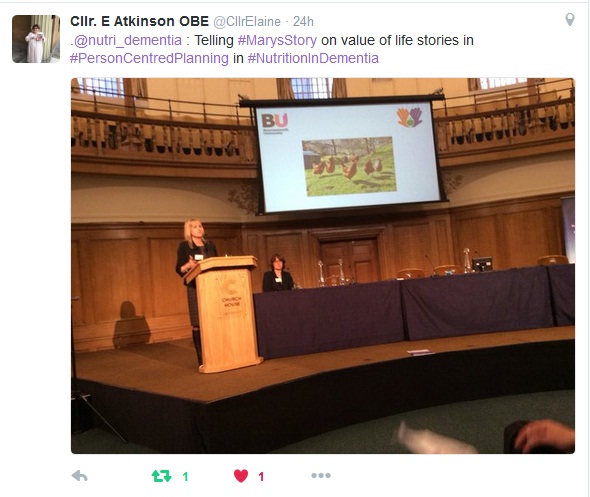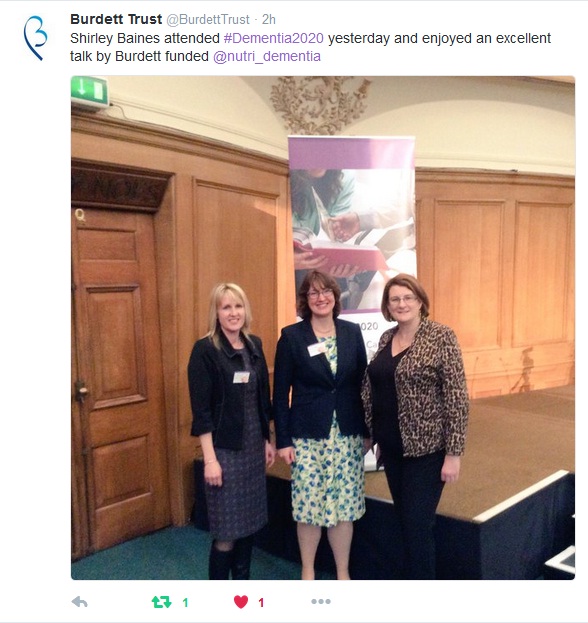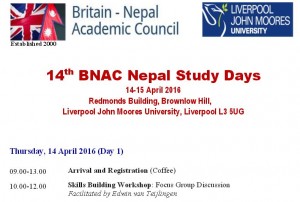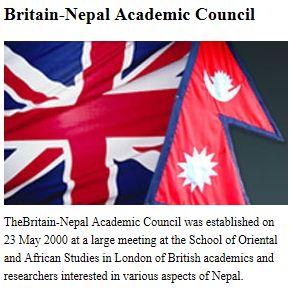On 25-26 Apr 2017, BU will be hosting the highly valued and increasingly popular BCUR (http://www.bcur.org/). Almost 400 UG students from across the country attended BCUR 2016 at Manchester Metropolitan University. Hosting BCUR will be hard work, but also a great opportunity to promote BU’s excellent facilities and postgraduate opportunities. Undergraduates of all levels are invited to submit an abstract to BCUR, abstracts are peer-reviewed and works accepted can be presented in a variety of formats (oral presentations, posters, art displays, workshops and performances).
Prof Gail Thomas (Head of CEL), Dr Luciana Esteves (SciTech) and Dr Mary Beth Gouthro (Faculty of Management) are co-chairing BCUR 2017 and are currently setting up the organising committee. If you are interested in helping organising the event, please contact one of the chairs. Representatives from all Faculties, SUBU and central services are welcome.
You can also help by stimulating your students to submit their abstracts to BCUR – your incentive is the most important factor influencing students’ decisions in taking part of extra-curricular activities. Submissions are likely to be open between Oct-Dec – so watch this space!
BU’s application to host BCUR was one of the successful outcomes of the Fusion-funded SURE project (Showcasing Undergraduate Research Excellence). The project has delivered two SURE conferences (March 2015 and 2016), an extra-curricular opportunity open to all BU UG students (across all levels and programmes). You can find a brief summary of the two conferences in this CEL blog.
BU students taking part in the SURE conferences not only gain valuable transferable skills and experience, they can win fantastic awards and prizes (see below) and be selected to present their work in the Posters in Parliament event. You can read about this year’s BU research showcased in Parliament here.
SURE Conference award winners:
Research Excellence (MSc or MRes fee waiver): Jozef Kulik, Psychology (2015); Rosie Lumley, Nutrition (2016)
Best oral presentation (funds to present at an external conference): Ben Hayes, Physiotherapy (2015); Charlotte Fodor, English (2016)
Best poster (iPad): Emma Packer, Biological Sciences (2015); Christopher Dwen, Forensic Science (2016)












 We have been advised by Marie Pandolfo, External Funding Manager for the Borough of Poole, that they are hosting an Interreg event.
We have been advised by Marie Pandolfo, External Funding Manager for the Borough of Poole, that they are hosting an Interreg event. al and transitional water ecosystems in the France-England INTERREG V Programme
al and transitional water ecosystems in the France-England INTERREG V Programme












 New weight change BU paper
New weight change BU paper One week to go! | The 16th Annual Postgraduate Research Conference
One week to go! | The 16th Annual Postgraduate Research Conference Geography and Environmental Studies academics – would you like to get more involved in preparing our next REF submission?
Geography and Environmental Studies academics – would you like to get more involved in preparing our next REF submission? Congratulations to three former BU staff
Congratulations to three former BU staff MSCA Staff Exchanges 2024 Call – internal deadline
MSCA Staff Exchanges 2024 Call – internal deadline Applications are now open for 2025 ESRC Postdoctoral Fellowships!
Applications are now open for 2025 ESRC Postdoctoral Fellowships! Horizon Europe – ERC CoG and MSCA SE webinars
Horizon Europe – ERC CoG and MSCA SE webinars MaGMap: Mass Grave Mapping
MaGMap: Mass Grave Mapping ERC grants – series of webinars
ERC grants – series of webinars